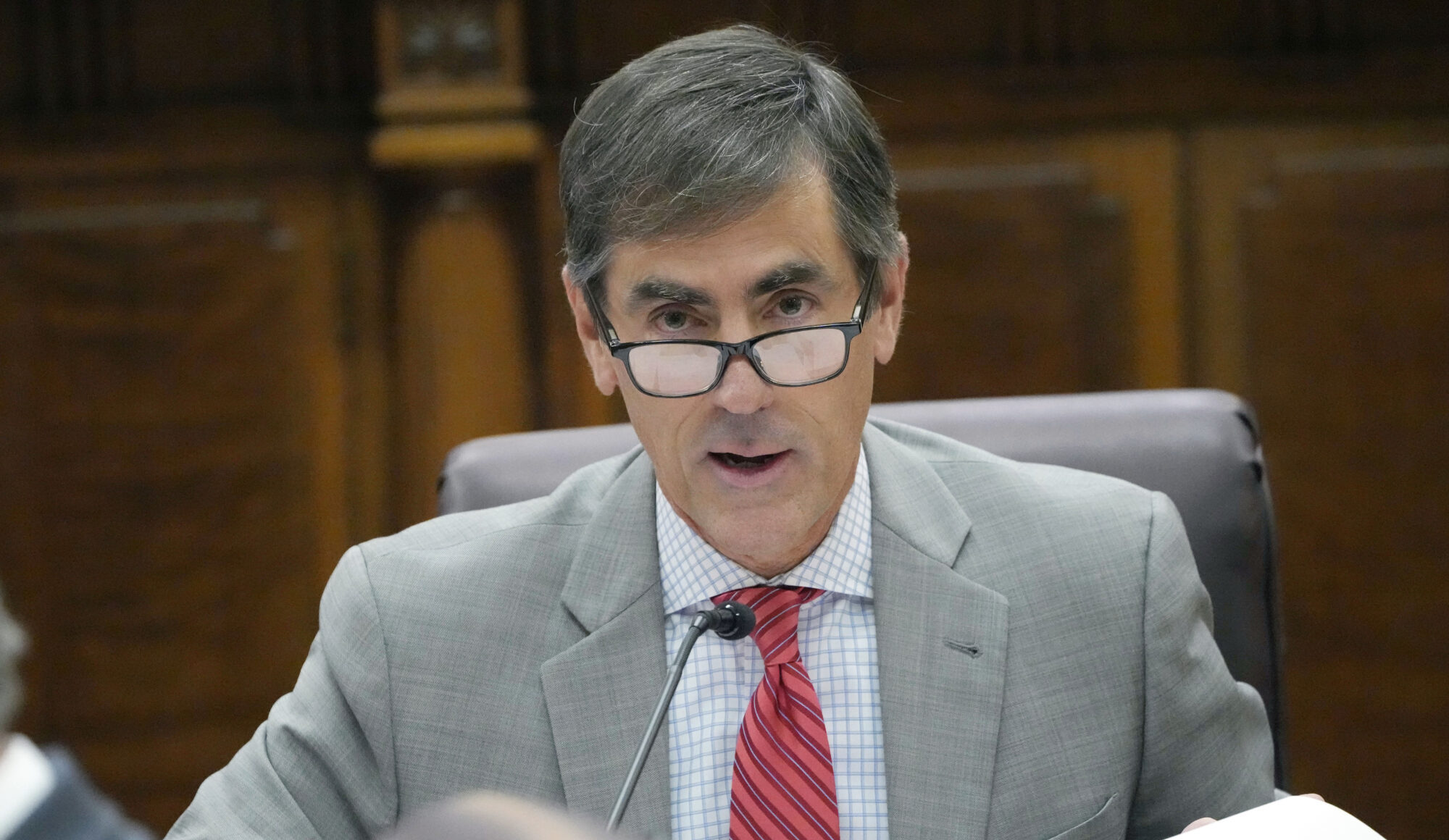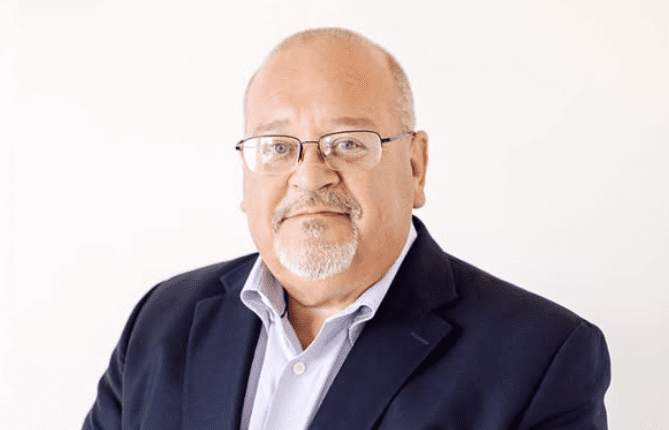
Some of them … spoke to the Hellenists also preaching the Lord Jesus … A great number who believed turned to the Lord. The report of this came to the ears of the church in Jerusalem, and they sent Barnabas to Antioch. When he came and saw the grace of God, he was glad, and he exhorted them all to remain faithful to the Lord with steadfast purpose. – Acts 11:20–23
“God moves in a mysterious way, His wonders to perform.” In the life of the early church, it was the persecution of the congregations in Jerusalem—the only churches on earth at that point—that caused the gospel message to reach further and faster than would have happened without those first Christians being forced to flee their city. As the believers were scattered throughout the cities of Phoenicia, Cyprus, and Antioch, the gospel was spread to the “Hellenists”—the Greeks—in the region, and many came to believe.
However, when news of these Gentile conversions got back to the church in Jerusalem, it was not immediately welcome. Up until that point, the gospel’s expansion had been almost entirely among the Jews. Now the word was coming back that Greeks were becoming Christians too. This confronted the church with a new development that they were not quite ready for. What was happening? Should they smile at it or frown over it? Who could they send to handle an encounter such as this?
It should not surprise us that they chose to send Barnabas. While not everybody in the church can cope with new and different opportunities, Barnabas was an encourager and a man who recognized God’s redeeming work in others, even when it was surprising or strange (see Acts 9:26-28). Sure enough, Barnabas recognized that what had happened was the work of the Lord, and he was glad at the display of God’s grace, encouraging the new believers with the exhortation we all need: to continue in grace and to remain true to God with all our hearts.
If we have lived our lives attempting to channel the Spirit of God into our own little concrete trenches, having determined that this way or that place is the only one in which God will work, we should reconsider. As God continues to expand His kingdom and pours His Spirit out upon the people we least expect to be included in it, we have the opportunity to respond with the kind of enthusiasm that Barnabas exemplified. While the gospel message is unchanging, our world and times are changing constantly. Yet God continues to call people to Himself “from every nation, from all tribes and peoples and languages” (Revelation 7:9). We should expect Him to surprise us—to work in ways we had not predicted and in a time-frame that is different from ours. And when He does, we need to be ready to be like Barnabas, “full of the Holy Spirit and of faith” (Acts 11:24), rejoicing in the new works of God, ready to be a part of them, and encouraging others to continue in His grace.











